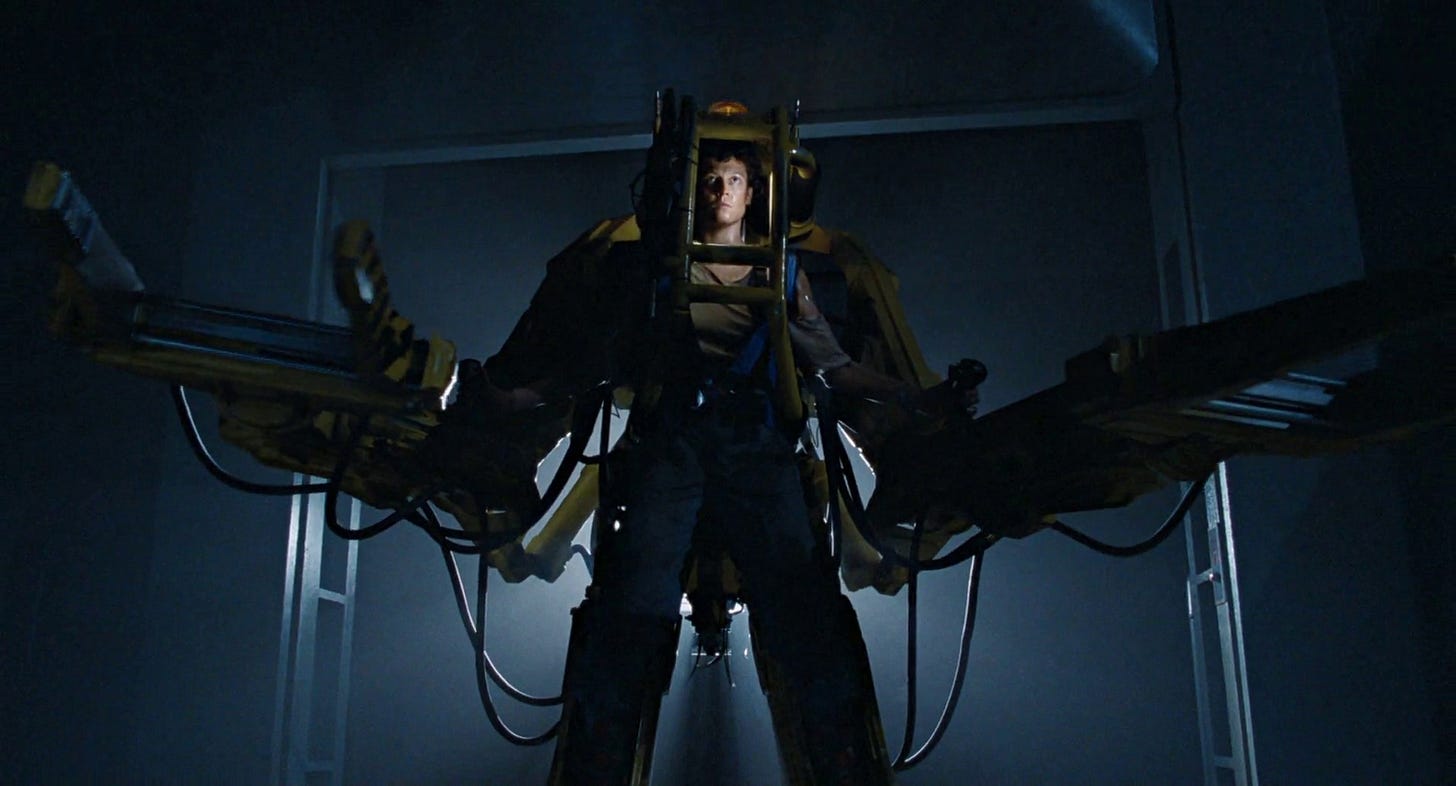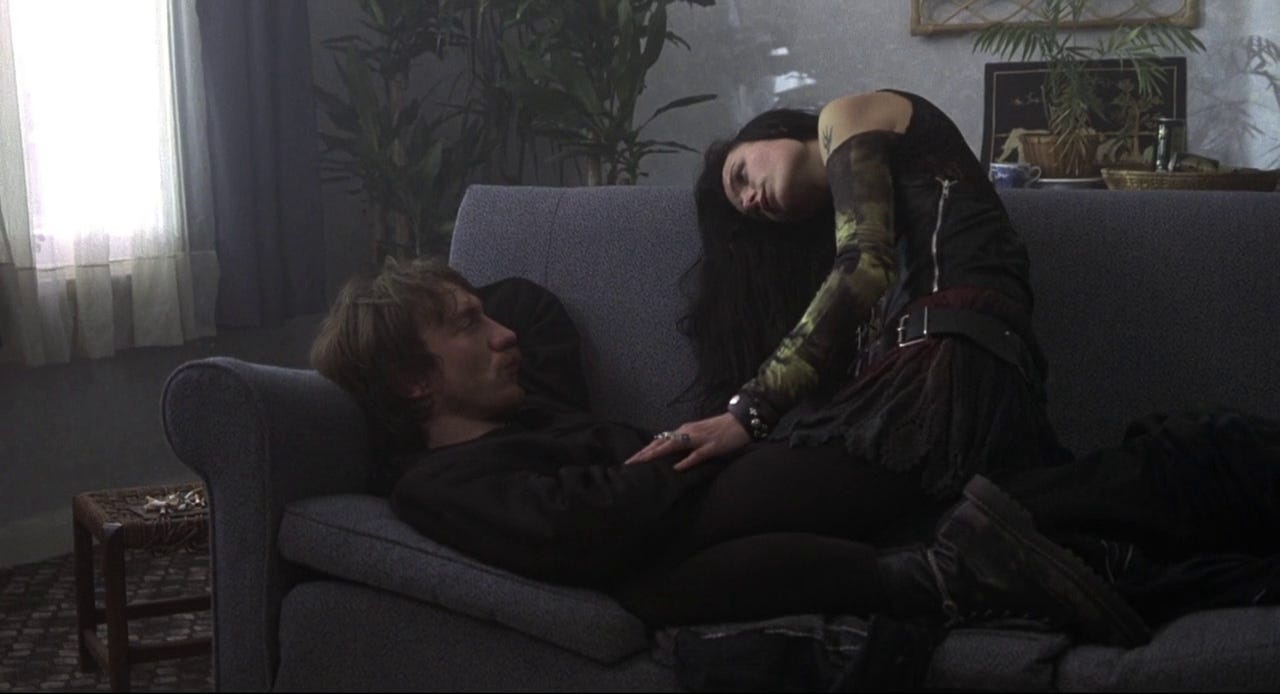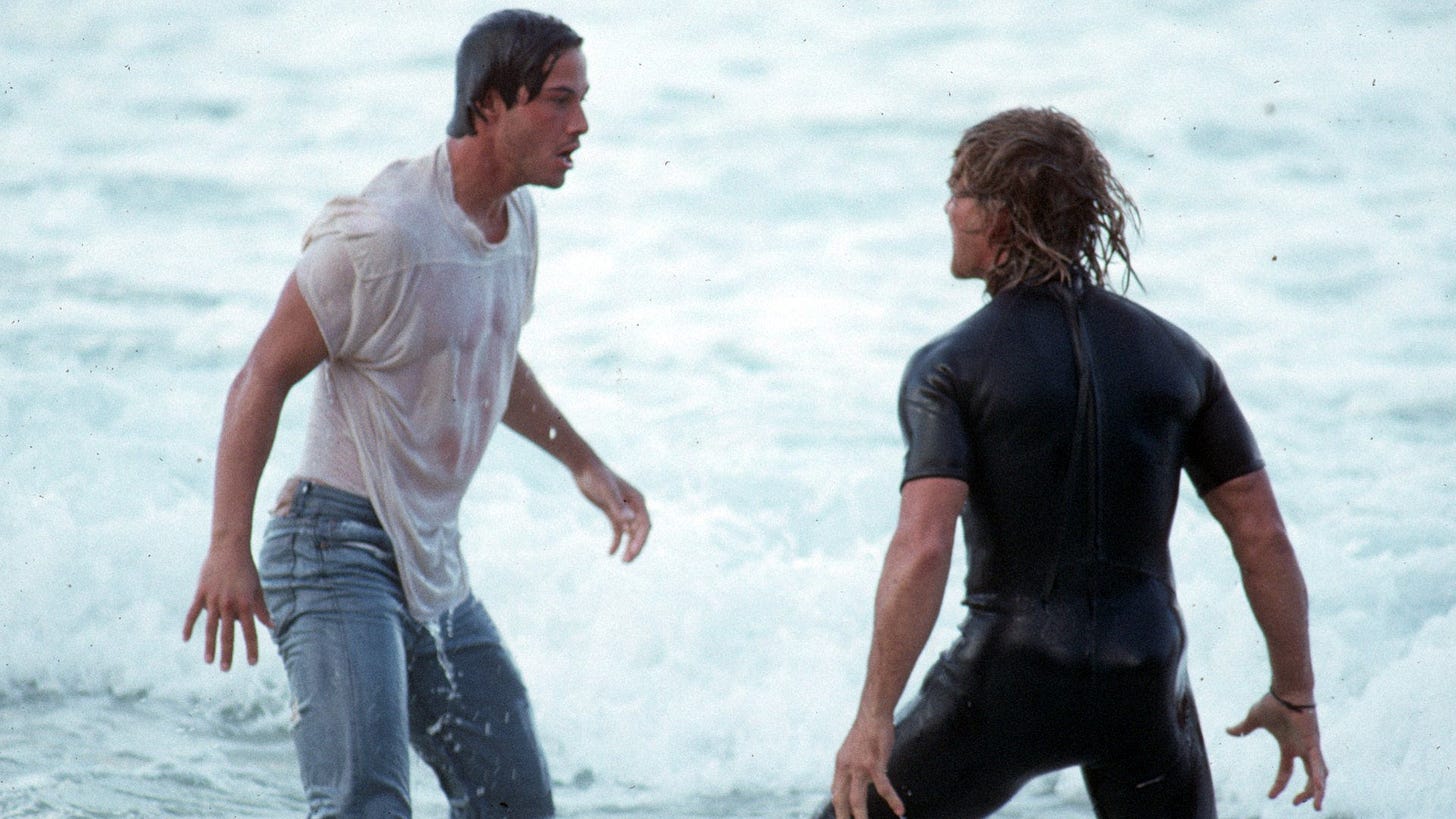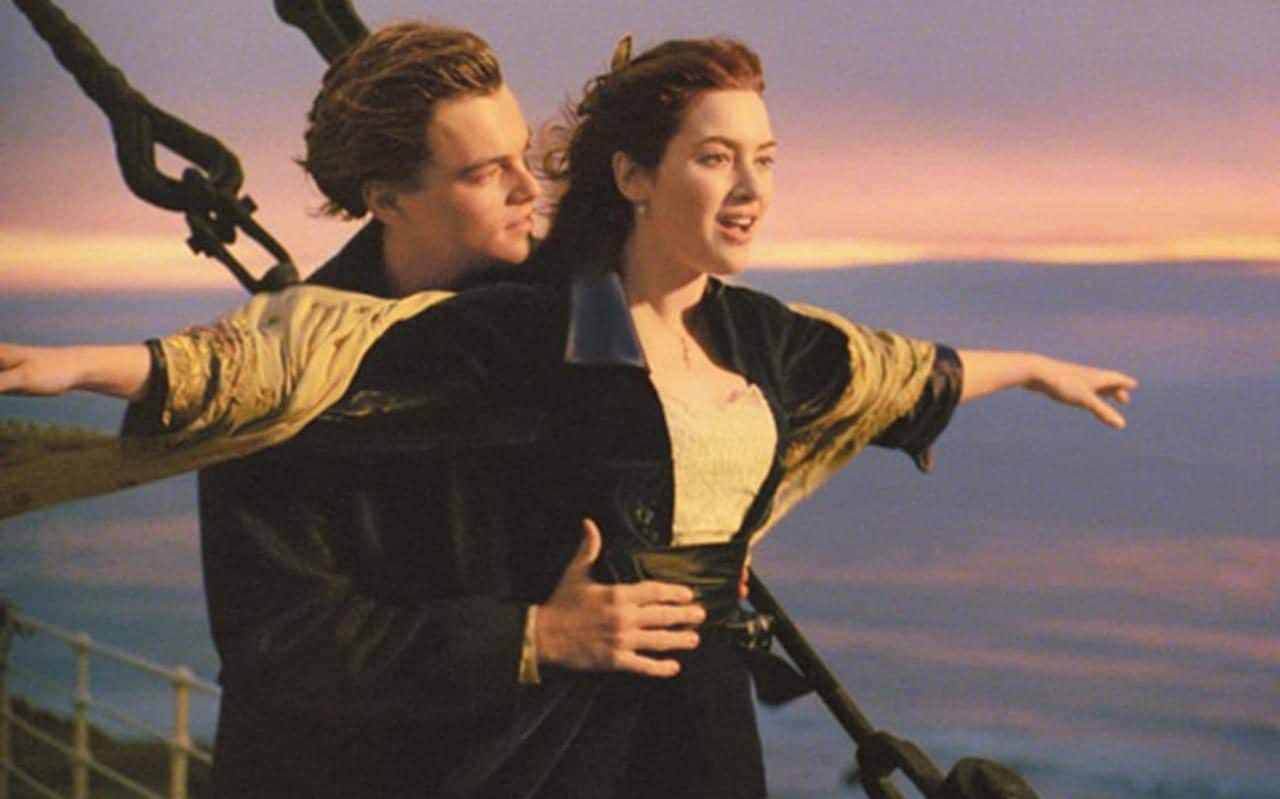Dear reader,
I want to express my gratitude to anyone that has signed up for this newsletter and has read anything I’ve written for the past month. I will put all but one of my posts from August 2020, underneath a paywall, so if you have missed anything then, I recommend you to subscribe and read everything I posted.
October will see some changes. I will begin an inaugural column that explores the ennui of young men in cinema. I don’t think that the topic of men and masculinity is out of bounds in film discussions, but I feel it’s often seen in a very limited lens that it devolves into cliches. The role of the male gender is evolving and it’s important to see where it will go. And hat will be the first entry in this new column? Joker. Why? You’ll find out.
The second change is in the Reaction Shots. Tne format has been a mixture of medium-to-long form essays, which I have been a fan of. I feel that the length of such an essay will imply some sort of breadth. But those columns require a lot of time and research, and I’ll admit that I don’t have the former as much as the latter. I also promised those extensive diaries where I write about all the movies I’ve seen for the past month, which I’ve never got around to doing. So I decided that as of writing this, Reaction Shots will take on a new form. Every week, I react to things that are happening in the world of film and entertainment, from contested movies takes to new releases. By the end of each Shot, I recommend a movie I’ve seen in the past week or so, and cover some films with brief takes. The old form will take on the new name of Long Takes for any topic I feel requires a lot of comprehensive insight.
Good reads from me:
My Film Club discussion of Weird Science with Oliver Traldi.
Oliver Traldi: Probably unsurprisingly, that was one of the main things I was thinking about while watching the movie. And I did wince a bit every time Lisa said that she was there to do whatever Gary and Wyatt told her to do. At the same time, how different really is it from contemporary sexual wish-fulfillment films and television shows? As I understand it, Fifty Shades had just this sort of perfect character as a male protagonist. Normal People is about beautiful, brilliant people having great sex with each other or something like that.
My take on three Christopher Nolan’s films: The Dark Knight trilogy, Dunkirk, Tenet. The tl;dr for each of these. The Dark Knight is not really conservative, Dunkirk reminds me of living through a pandemic, and Tenet is Nolan’s Life of Pablo.
I have two takes on Cuties, which was a pretty exhausting shitstorm, so I thought it was best to leave it later for it to breathe. A reader of mine told me it was the best thing he has ever read on the topic. Here’s my review:
Mignonnes has significant morale that could open the film to a barrel of complexity that its champions often point out. But it’s revealing how much the filmmaking is trapped on its own hubris. One person on Twitter described it as a prequel to Michel Houellebecq’s Submission, the dystopian novel in which a university professor is struck by Islamism in France, as well as the sexual frankness that repels its traditionalism. I like to think it owes that much to the likes of Mustang, Girlhood, Wajdjda, or any film about a colored girl becoming a woman in an oppressive society or faction. The difference between this and those films is that it does not convey the message of girls becoming women by being corrupted through cultural upbringing.
Good reads from them:
A really good introspection of Christopher Nolan from a video essayist comparing him to David Lean and his own excesses.
You should sign up for Sonny Bunch’s newsletter for The Bulwark called Screentime, which I’ll confess that the new Reaction Shots is lifting part of its quick-to-read format there. His review of Cuties, which is on Letterboxd because it was too long for the actual take in The Washington Post, is refreshing in how less dogmatic it is, compared with other conservative takes.
Rod Dreher had a review in The American Conservative that mainly mirrors my overall thoughts on the film as well.
In the print edition of National Review ($), Frederick Hess writes that universities should not be abolished, but reformed. And conservatives should try and build their own universities.
A long piece in The Monthly about the culture of Australian rugby league, the man currently upholding it, and how it manages to unite every possible class after decades of media empires fighting over the rights to air games.
Jacob Siegel in Tablet writes about how the wave of new in journalism paved a set of left-wing dissidents, alienated by the ideology of Moral Clarity.
Favorite First Watches for September 2020:
Aliens (1986) - dir. James Cameron

I saw this in 70mm, and the sound design was so piercing, I had to put up my headphones to block most of the excessive sound. There’s a realism that James Cameron brings to the table that everyone find really refreshing, including myself. Ripley makes her greatest impact as someone who’s not just a fighter, but a cog still stuck in the military’s rudderless management.
Naked (1993) - dir. Mike Leigh

You’ll laugh. You’ll cry. And you’ll need a drink for this one. This is Mike Leigh’s portrait of decay and the charming person walking by has already wallowed in it and invites you to his world. But it also belongs to his roommates keeping him in, and his landlord with little care in the world.
Point Break (1991) - dir. Kathryn Bigelow

You want to see Keanu Reeves and Patrick Swayze become gods? Kathryn Bigelow let them surf and skydive.
The Fringe Dwellers (1986) - dir. Bruce Beresford

Anyone who views Bruce Beresford as the guy who only made Driving Miss Daisy, should probably watch this one. It’s a sunny, but sympathetic account of Indigenous Australian youths growing up and the opportunities passing by. The characters are likable and the culture is sufficiently considered.
Titanic (1997) - dir. James Cameron

I watched half of it when I was a kid, so this feels like the first time I saw this film. While I have my problems with this film - Billy Zane, the final act’s numerous epilogues - this is a film, whose scope you can’t help but respect (It was in a 70mm print and this one is another reason to give the theatrical release a chance). Leonardo Dicaprio plays a manic pixie dream boy here, but this one exudes a lot of youthful appeals that you don’t find elsewhere (The Wolf of Wall Street aside). I think that was the key to Titanic’s gargantuan success; that this is a teen movie trapped under a historical disaster movie. And it gives it away when Rose and Jack tells an overbearing captain to shut up in unison.



